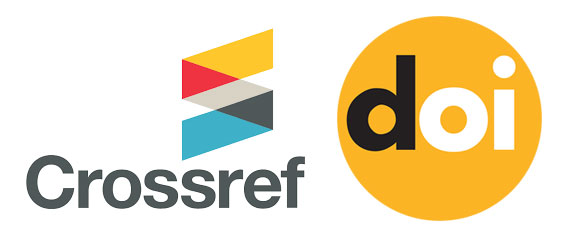SDG’S IMPLEMENTATION IN LOCAL GOVERNMENT
Abstract
Since dispersion enactment in Indonesia, two third of citizen well being and prosperity are depend on the performance of Local Government, from environment sanitation, such as waste management, to education quality and health services. It all depends on the quality of Local Government public services. SDGs (Sustainable Development Goals) is (a) a new development agreement, substitution for MDGs. This agreement effective since 2015 until 2030; (b) a 35 pages document that have been approved by 190 country; (c) contain 17 goals, and 169 development target. SDGs procedure processes are based on inspiration and aspiration of Local Government. Through city association and Local Government in large-scale level, Local Government has been actively participating in SDGs formulation and validation. Therefore to Local Government, the capital and kabupaten government role are important for SDGs. Because there are some facts and validation that justify that.
Few of SDGs focus become development underlying principle that consistent with nine main concern programme known as Nawacita, such as human development, education and social welfare, sustainable economics, energy and climate change. SDGs are prolongation from MDGs targets, especially in derivation of mother mortality, derivation of child mortality, derivation of AIDS/HIV, water supply and sanitation coverage. The four unfinished target, cannot be forgotten and neglected, because the targets are also align with some of SDGs goals and target. These are some of the things that Local Government can perform: Action plan, execution committee, institutional, funding, accountability mechanism, and socialization.
In the end, Local Government be able to design an accurate and rapid policy thus for impartial Indonesia, a better citizen well being. And also to urge a better government effort to precede with SDGs agenda and utilize civilian to strengthen all the advocacy effort that have been done.




